More than one road to 'the way of tea'
Cultural historian Cheng Pei-kai asserts that it is erroneous and even arrogant to think that the Japanese way is the only true "way of tea". Those that do forget that the Japanese tea ceremony originated from China and that different historical traditions make up varied but no less authentic paths to the way of tea.
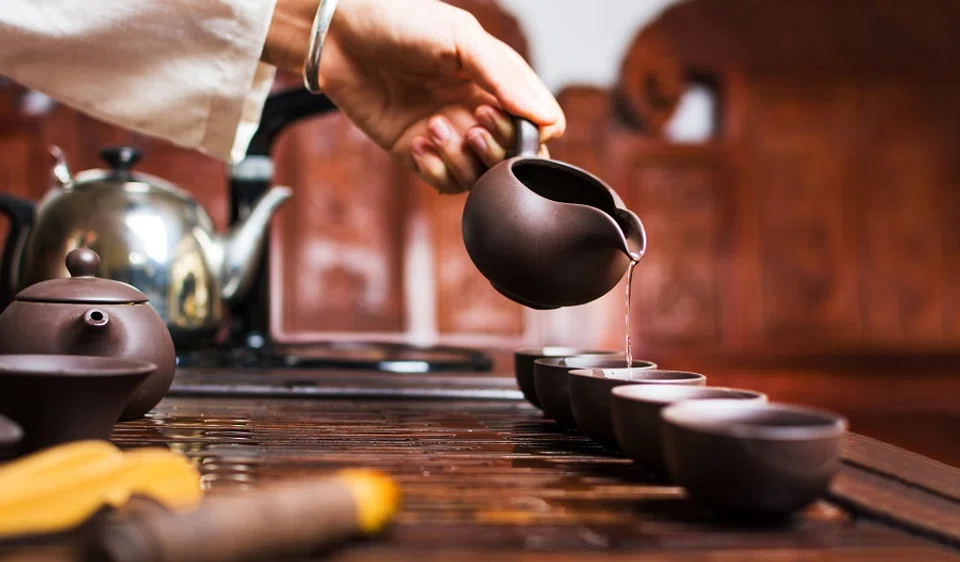
Some tea connoisseur friends of mine often talk about the Japanese tea ceremony, referred to as chado, chaji and even chanoyu, as if the "way of tea" (茶道 chadao) only exists in Japan and that the Japanese way is the only true way. Chinese tea drinking, on the other hand, can at most be classified as "tea culture" - nothing as high-reaching as "the way of tea".
The way of tea is not formed by adopting an attitude of arrogance and ostracism, or by taking the Japanese way of tea as the only standard...
We have to first ask, what is "the way" and what is "the way of tea"? Theoretically, before we can define "the way of tea", we must first determine the basic conditions for tea drinking to become "the way", namely by elevating the materiality of tea drinking to the spirituality of aesthetics and cultivation, and ritualising tea drinking to bring forth an awareness and pursuit of the spiritual realm. In short, the way of tea is elevating tea drinking from the material to the spiritual, and going from the specific and tangible to the abstract and intangible. The way of tea is not formed by adopting an attitude of arrogance and ostracism, or by taking the Japanese way of tea as the only standard and Japanese tea master Sen no Rikyu as the sole yardstick, as if only tea ceremonies that meet Japanese standards - and nothing else - can be considered the way of tea (e.g. Urasenke).
Different practices, similar roots
In fact, this Japan-centric ideological categorisation is absurd as it not only contradicts historical and cultural truths but also demonstrates a kind of cultural chauvinism that rejects others. The Japanese are seen as arrogant narcissists for saying so, while the Chinese seem as if they are worshipping the Japanese and bowing to their traditions by blindly following their standards. Put another way, imagine saying that English is the only language that deserves to be called a language because it is the greatest and most superior, while other languages can only be considered as mere communication tools. Does this even make sense?
In fact, these are offshoots of Zen Buddhist tea ceremonies originating from Chinese monasteries in the Tang and Song dynasties...
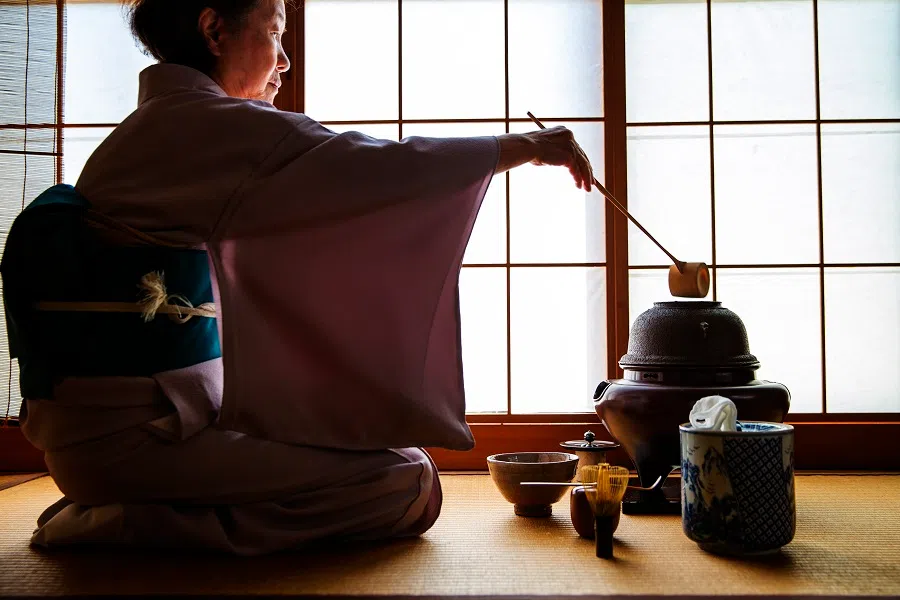
The Japanese tea ceremony, which began as a Zen Buddhist practice, emerged during Japan's Sengoku ("Warring States") period - equivalent to China's mid to late Ming dynasty - and continues to be the mainstream of Japanese tea ceremony today. But it was not until the Edo period in the 17th and 18th centuries that the concept and mechanism of chazen ichimi (the Japanese term for 茶禅一味 cha chan yi wei, lit. tea and Zen are one and the same) was established, with "wabi-sabi" at its core.
... one cannot generalise and say that Japan's religious tea ceremony is the way of tea while other ways of tea drinking developed throughout history are not.
It is problematic to say that only the Japanese tea ceremony constitutes the way of tea. Firstly, how did Zen come about? Secondly, where did the set of rules in the spiritual practice of Zen tea drinking in Japan originate? In fact, these are offshoots of Zen Buddhist tea ceremonies originating from Chinese monasteries in the Tang and Song dynasties; after the 15th and 16th centuries, they were gradually refined into a sort of religious enlightenment tea ceremony to adapt to the Japanese culture. It is commendable that the Japanese tea ceremony, which stemmed from Zen Buddhism, has been elevated and refined to suit the Japanese culture. However, one cannot generalise and say that Japan's religious tea ceremony is the way of tea while other ways of tea drinking developed throughout history are not. If not, are we saying that China or Korea never had a way of tea?
With not enough to eat, how can one speak of culture, spiritual transcendence, aesthetics and enlightenment, or the way of tea?
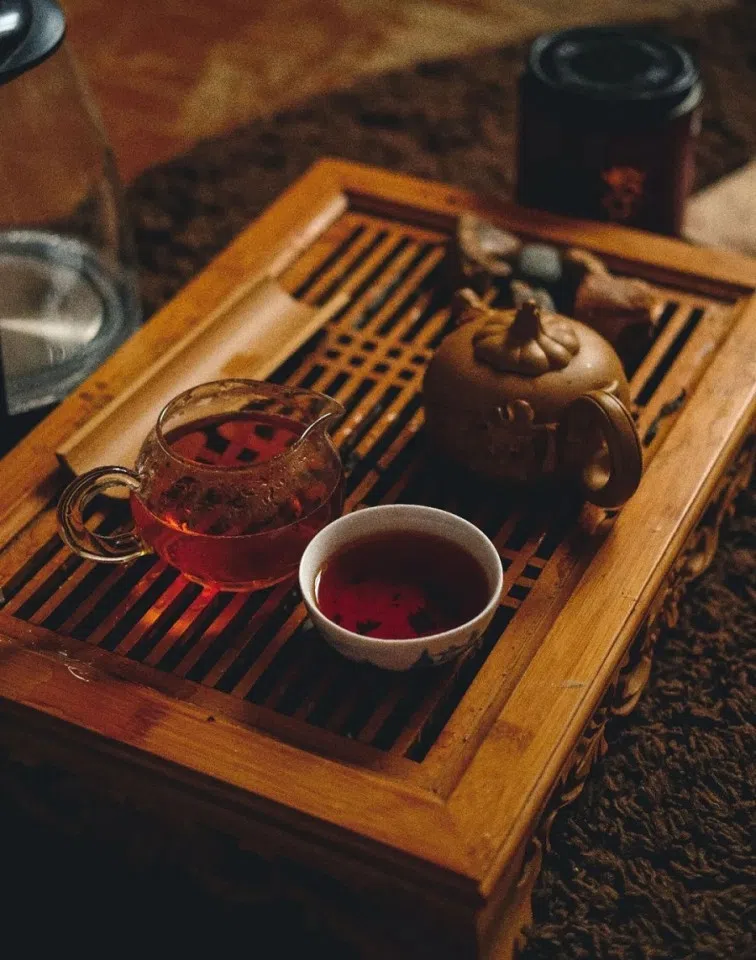
The literati and the spiritual pursuit of the way of tea
Many people are ignorant of the fact that the Japanese tea ceremony originated from China, and have also overlooked the different historical stages and pathways of the Chinese way of tea. They merely take a specific historical point over the course of the late 19th century and 20th century as a universal rule, focusing only on the ebbs and flows of the century or so and neglecting the long history of cultural traditions. If one only focuses on changes in a century and does not have a long-term historical perspective, they will only see China's earth-shattering changes in the political, economic, social and cultural fields to the point of utter destruction, and witness wars and chaos, countless revolutions and the tragic life of the masses. With not enough to eat, how can one speak of culture, spiritual transcendence, aesthetics and enlightenment, or the way of tea?
Yet, the catastrophic century cannot dismiss the thousand-year history of China's way of tea, nor can it erase Lu Yu's The Classic of Tea (《茶经》- written during the mid-Tang dynasty), which sparked off the spiritual pursuit of the way of tea - or forget the innumerable elites who have partaken in tea-drinking activities and incorporated beautiful experiences and spiritual pursuits into their lives since the Tang and Song dynasties.
These are the cultural founding fathers we must not forget, the precious cultural treasures gifted to us by the historical tradition of the Chinese tea ceremony.
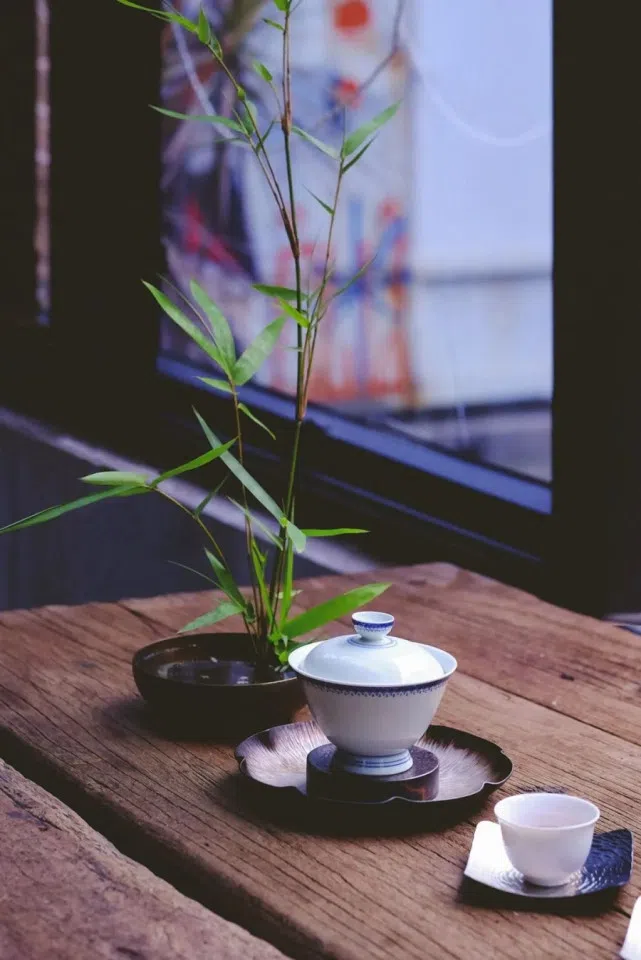
Works of centuries of poets and writers such as Lu Guimeng, Pi Rixiu, Ouyang Xiu, Mei Yaochen, Cai Xiang, Su Shi, Huang Tingjian, Emperor Huizong of Song, Lu You, Tian Yiheng, Feng Kaizhi and Xu Cishu have demonstrated the cultural appreciation and aesthetic enhancement brought about by tea drinking. Ordinary folks drink tea every day, pleasing their senses and enriching the depth and breadth of their lives. Monks and Zen masters such as Baizhang Huaihai, Zhaozhou Congshen, Yuanwu Keqin and Yinyuan Longqi (Ingen Ryuki in Japanese) who travelled abroad to teach in the early Qing dynasty helped people to express and improve their religious sentiments through religious enlightenment in tea drinking. These are the cultural founding fathers we must not forget, the precious cultural treasures gifted to us by the historical tradition of the Chinese tea ceremony.
Only those who have no knowledge of history and lack cultural confidence will say that only Japan has a way of tea.
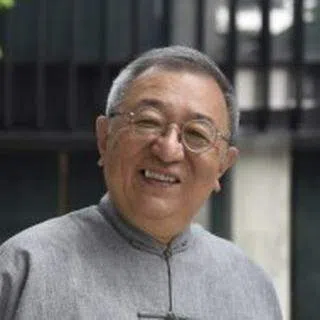

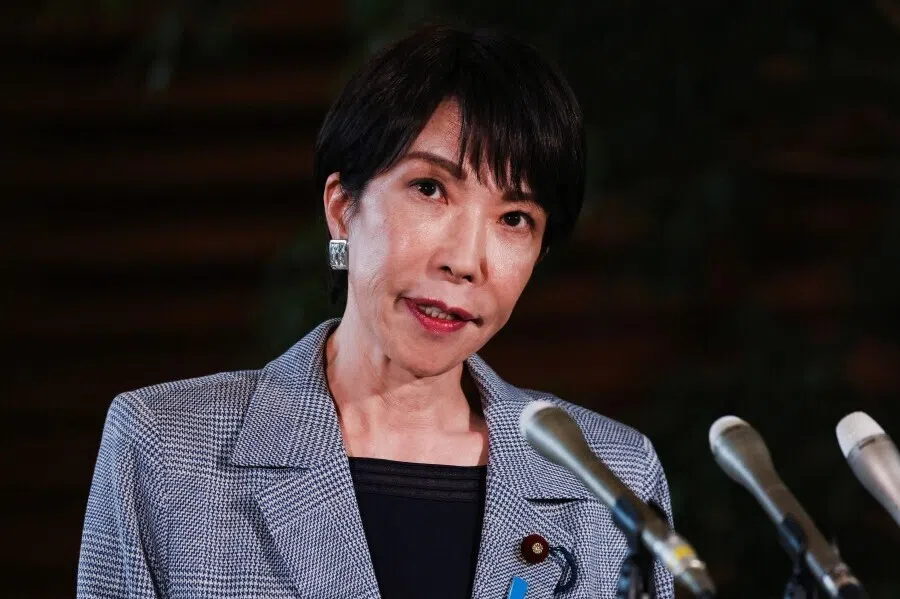
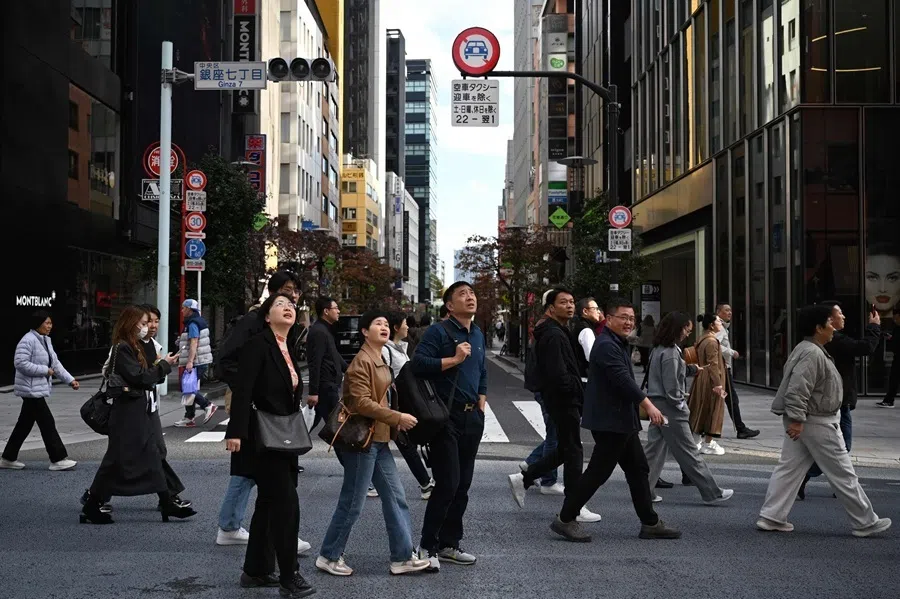
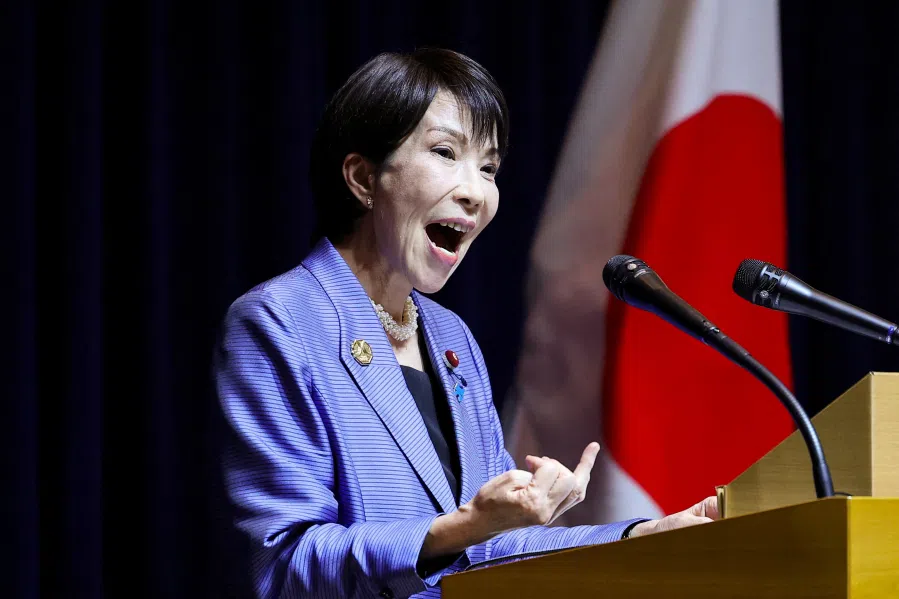
![[Big read] China’s 10 trillion RMB debt clean-up falls short](https://cassette.sphdigital.com.sg/image/thinkchina/d08cfc72b13782693c25f2fcbf886fa7673723efca260881e7086211b082e66c)